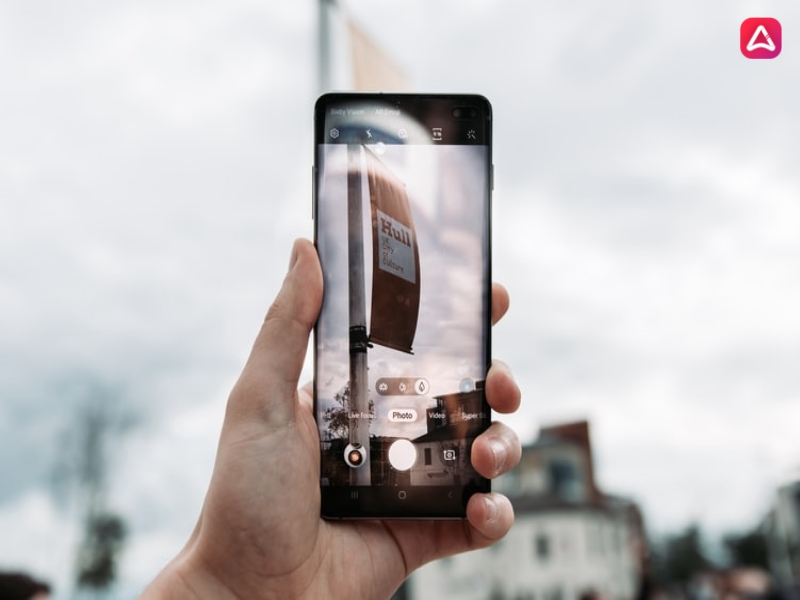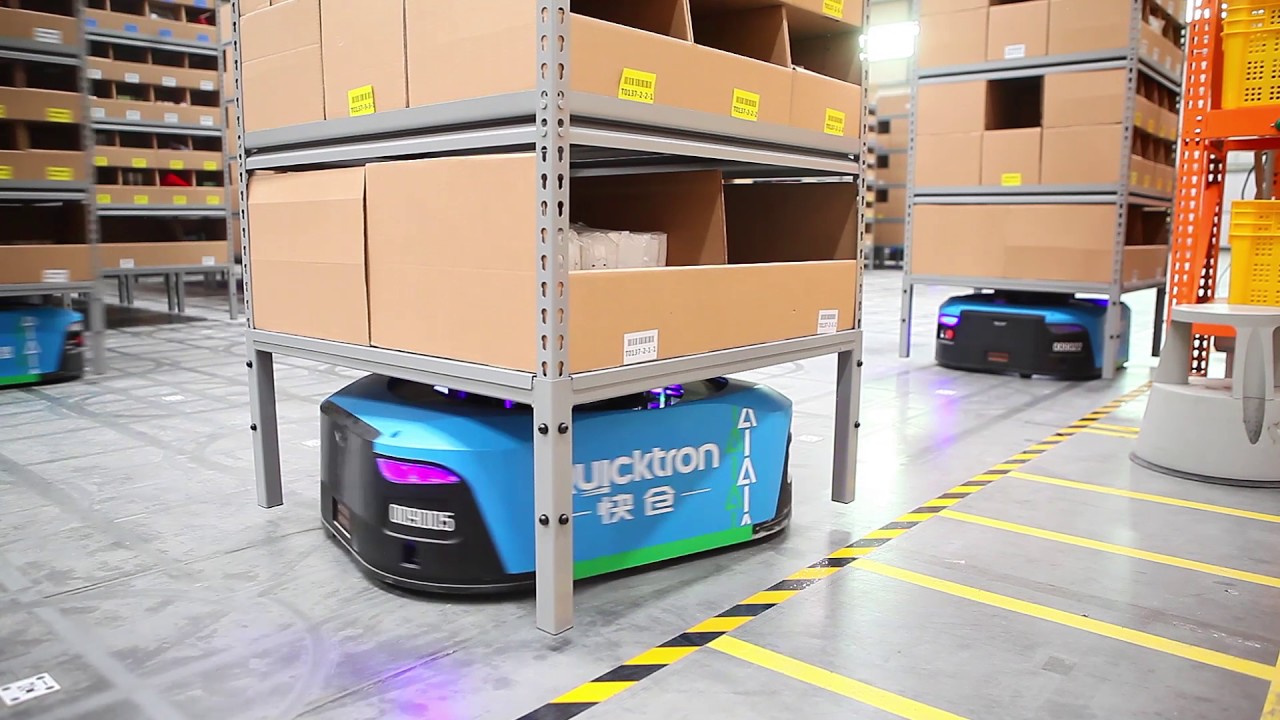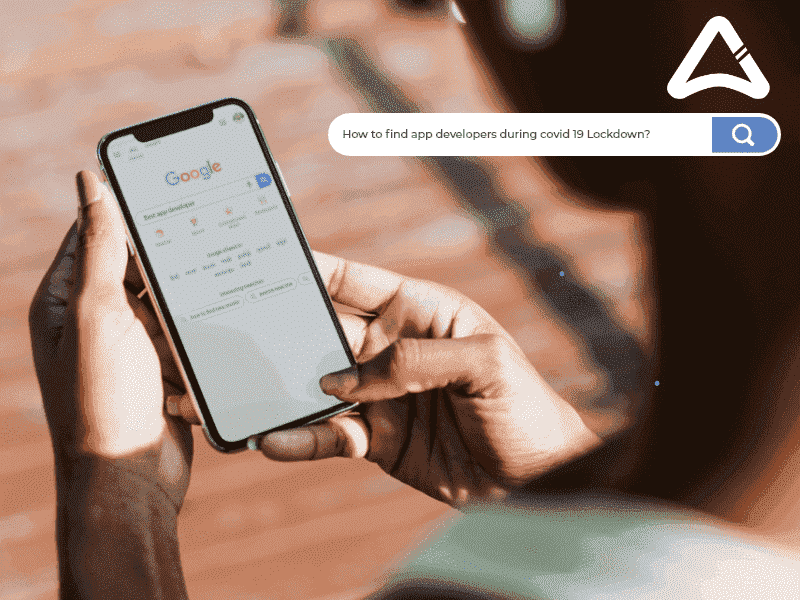Smartphone world has many battles open between different manufacturers and companies. It is no longer just a question of megapixels, battery or design since virtual assistants have also entered fully. All brands want to have their own assistant to be popular among the users and do the job perfectly. Same is the story with Samsung Bixby, a virtual assistant that was presented two years ago with the highly anticipated flagship and one of the best smartphones of its time, Samsung Galaxy S8.
For the first five years since the inception of voice assistants, iOS users were almost the only ones with the power to communicate with machines. Nothing will ever be the same in the kingdom of gadgets, 2018 has already revolutionized the market of voice assistants. Alexa and Google Assistant have taken the lead with their integrations, ranging from smart speakers to vehicles. Siri is available in more than 500 million devices. Google assistant handles similar figures. Amazon Alexa has positioned itself quickly thanks to the launch of its smart loudspeakers already in 2017. Cortana, from Microsoft, has more and more integrations. However, one assistant who is often underrated but has huge prospects in future is Samsung Bixby, still an infant but already making rounds to tackle the grownups.
You could say that Bixby is an alternative to Google Assistant, Siri or even Cortana, but the truth is that the South Korean company want to get away from comparisons and highlight the unique values of their newborn voice assistant. Although they have not presented it with sufficient evidence, they have confirmed its existence based on several pillars on which the future of Artificial Intelligence will be based, which is not only, confirmed to be released with the upcoming Samsung Galaxy phones but will also reach all future devices of the South Korean brand: mobile phones, tablets, televisions and devices of the Internet of Things.
Bixby and its Usability
The idea with Bixby is that the AI adapts to the user, and not the other way around as usual. For this, we should not worry about anything, given that Bixby will take control of all the applications adapted from the phone and will take maximum advantage of them. For this, the Samsung Galaxy phones come with a series of pre-installed serial applications that are already compatible with Bixby, although the rest of the Google Play applications adapt to the intelligent assistant as long as the responsible developers wish to take advantage of a new SDK that Samsung has put at your disposal.
Bixby relies on a series of simple commands that are almost the same for each application, which will translate into a language that is easy to remember. Being an AI assistant, it is able to understand contextual situations knowing what the user is referring to, even if it is not clearly stated.
A lot has been put on the Samsung table to highlight his bet on Bixby. You can invoke this voice assistant by calling him by name, of course, but he also occupies that desk to the left of the main one where we used to find Flipboard Briefing. It gets even more exciting when we find out that in addition to those options in the latest Galaxy S10 and 10 + there is a famous physical button (first appeared on Galaxy S8 and S8+) on one of the sides that is intended solely and exclusively to activate Bixby when we need it.
Bixby vs Other Assistants
The basic principle with which Samsung wants to differentiate Bixby is that “everything you can do by touching, you can do it by talking.” The idea is to take advantage of the options of the native applications of the device. For now, there are only a dozen of them working together with Bixby, but in addition to expanding that native catalog, developers can also take advantage of that power by adapting their own utilities thanks to an SDK. The goal is clear: if there is a tactile option to do something, there will also be a voice command to do the same.
The battle of the virtual assistants will be won by the one who besides being the most intelligent is the most compatible.
A clear example would be to rotate photos with voice command, apply a filter or share them with a simple command “send this photo to my wife”. This phrase, by the way, shows how Bixby understands the context. And if it does not, it offers the best solution found and ask us if that is indeed what we wanted to do.
Not only that; there is also voice control of services with which Samsung and other companies have already collaborated. Pinterest, Foursquare, YouTube, Facebook or Netflix are among the first to offer these options. Support may be limited for now, but it is only the beginning of an approach that is less focused on answering questions and more on doing things directly with the voice. Samsung knows that it is very difficult to compete with Google, Microsoft or Amazon in the field of Machine Learning, so it has adopted a -intelligent, for good, and never better said- practical approach.
Bixby and Augmented Reality
Among those differentiating characteristics of Bixby is the possibility of translating 52 different languages, but it is also capable of searching for information about an object from which we take a picture. The recognition of images works as a kind of augmented reality system, in which, once we point to an object with the camera a card with images similar to what it detects that that object can be is shown.
That ability is also associated with the fact that Bixby is able to offer purchase links to a product on Amazon just by taking a photo of it, which will, in fact, simplify the work to many shopping enthusiasts who “gossiped” products in physical stores of all kinds to try or try them, but then ended up buying them in online stores like Amazon.
Bixby makes us forget all about S-Voice, which was Samsung’s first foray into the field of voice recognition on their phones. The purchase of Viv served to reinforce a section that could be very important in the coming years, and that seems to be felt in the power of an assistant who is able to understand the context and natural language.
This development is also responsible for displaying information relevant to the user in the style of Google Now, in which, the user can find created reminders or news. It will be interesting to see how Samsung “fights” with Google Assistant and its predecessor, the aforementioned Google Now, to earn the confidence of users in this type of assistance work.
Bixby Home
As we said, one of the most ambitious ideas of Samsung with Bixby is to turn it into a very versatile assistant that is able to encourage user interaction not only via smartphone (for now from Samsung), but with other products and appliances as well. In fact, not only will they have to be manufactured by Samsung: the company seems willing to open Bixby to competitors’ products like, why not, Apple.
Also Read:- Samsung Bixby: A Constant Improvement
The idea here seems to be similar to the proposals of Apple and Google, which try to offer us more or less closed ecosystems in which it is possible to centralize the control of various devices and swift solutions with voice or with a smartphone or tablet. It seems inevitable that another step in this climb is an Amazon Echo or Google Home type of solution that takes advantage of compatibility. Its adoption in televisions, refrigerators, or sound systems is what the company is looking for.
Cyber Security, Privacy, and Trust
Bixby, Google Assistant, Alexa or Siri are only activated when they are called. Even so, having a device at home or in a pocket that is perpetually listening raises questions about the privacy of users. According to Olivia Valentine, an analyst at Global Web Index, cybersecurity and privacy protection are two of the main concerns of users who are considering buying a device with an integrated virtual assistant. For Valentine, this is a great challenge to gain public confidence in 2019.
Artificial intelligence intrigues us. We are curious to talk to the machines. But deep down, under all the noise, the same question keeps appearing: is it useful? If on a touch screen we can access a list of products to buy in a few seconds, why would we prefer to listen to the recommendations of a speaker for several minutes? If we can raise the temperature of the thermostat from the mobile in a couple of taps, are we going to prefer talking to a virtual assistant? 2019 will be the year in which we will see if we are willing to ask the machines for something more than music on Spotify.
Distribution of content, commerce, access to information, attention of the public and power to choose by users are all factors that the technological giants want to control with their voice assistants. The web and smartphones, the previous platforms, are already insured, so it is the key moment to work and master the next stage of the relationship between technology and users.






